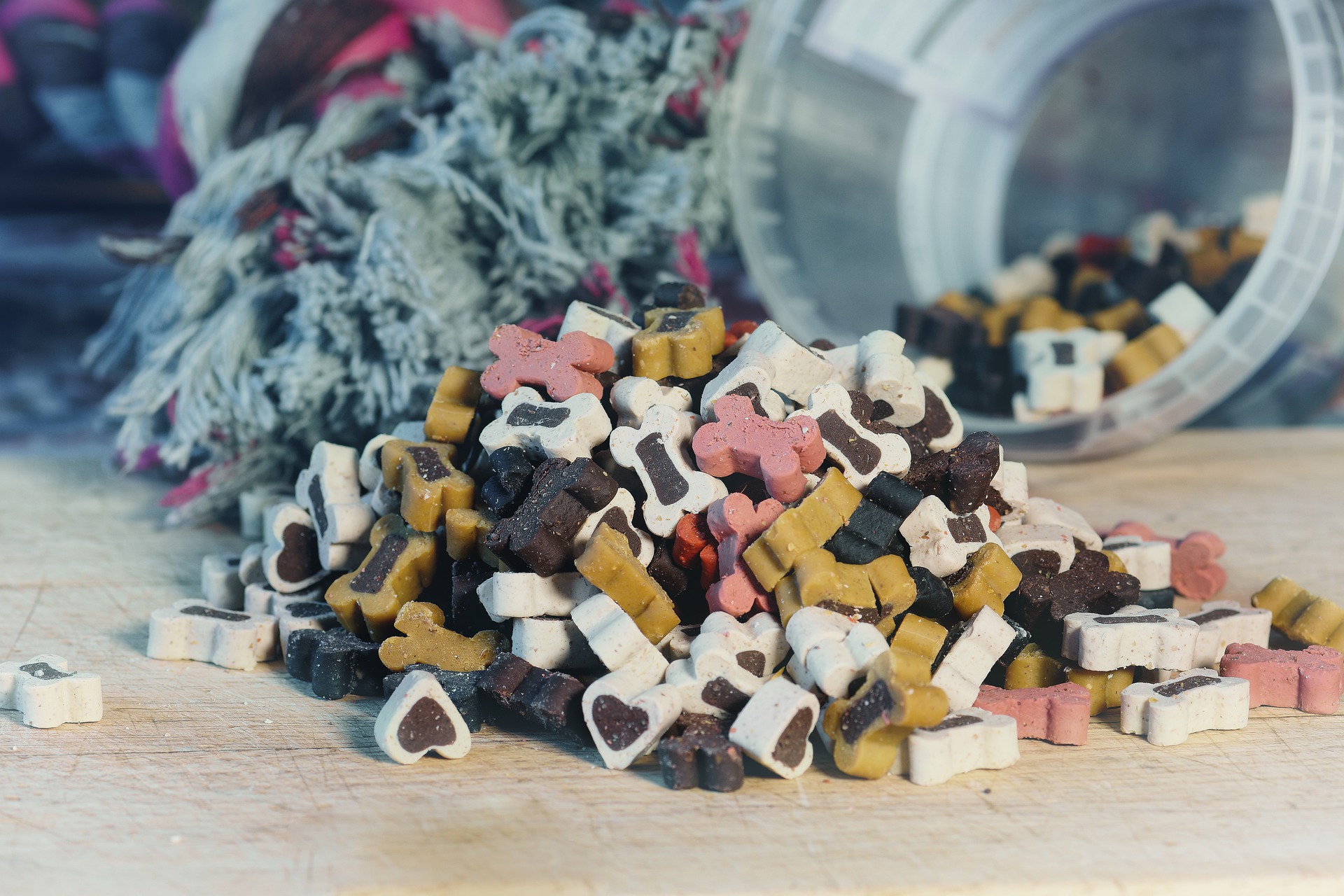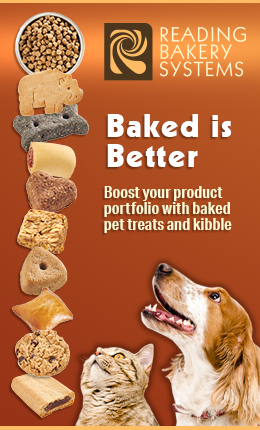Even amid a pandemic that led to a global economic crisis, the pet food production market continued growing exponentially. Now, how to deal with so much demand? How to think about improving supply for 2021?
In this article we will tell you what the biggest challenges are when it comes to implementing improvements or changes in the pet food industry.
The context
The growth in demand for pet food and the growing macro trends are consequently resulting in a higher demand for high-quality food. This undoubtedly presents many production challenges that, sooner rather than later, the market will have to face in order to respond to consumer trends and requests.
Many of the tests that are done to certify, develop or choose a pet food over others are carried out on humans. Although of course, the taste systems are considerably different. Humans can have up to 10,000 taste buds, while dogs 1,700 and cats only 500. Hence, the sense of taste of these animals is built primarily from smell. Dogs have up to 300,000,000 olfactory receptor cells in their snouts, compared to 6,000,000 humans have. Also, the part of your brain dedicated to analyzing smells is, proportionally speaking, 40 times larger than ours.
It is true that behavioral or palatability studies can be carried out on an ongoing basis with animals to determine the positive or negative effects of changes applied to processing, raw materials, aromas and / or presentation. However, they are not very effective, since the results they always produce are absolutely binary in nature, such as "accepted or not", "preferred or not", so the conclusions obtained from this type of study will always be limited.
We can say, then, that the data produced by experimental studies based on human senses are more efficient methods to optimize the taste and texture of pet food, among others.
As in any industry, when a level of quality is reached, certain challenges begin to seem the most difficult to face, and requires a lot of research, advances, technology and studies.
Current challenges in the pet food industry
Quality
Most pet food or treat formulas use a wide variety of ingredients, from vegetables, beef, poultry, and fish, as well as powders, by-products, grains, and legumes. Inevitably, there are factors such as temperature, humidity and pressure that fluctuate between the production of one batch and another, which ends up affecting the final composition. To a greater or lesser extent, this causes a somewhat unpredictable use of the ingredients.
Consistency
As with most processed foods, making large volumes of production that are consistent with each other can be challenging. This usually happens in batch cooking and production methods. Presenting inconsistencies in the final product can be a great disadvantage for brands, since a consumer who begins to mistrust the quality of the product that he is giving his pet is, most likely, a lost customer.
Production volumes
As part of the fast-moving consumer goods industry, pet food manufacturers are in constant production. If you have a batch production with several steps that must be carried out manually, efficiency and productivity are reduced since, instead of producing in parallel, it is produced in series.
In a volume-dependent industry such as pet food, every second of additional production can make a difference.
For this reason, it is advisable to automate as much of the process as possible, since this provides the assurance that the actions are carried out as they should. We also find it very useful to automate control systems, to guarantee that those factors that can alter the final product such as temperature, steam and humidity always remain at the desired level.
At a time in the industry like the current one, at the height of the importance of premium food and the humanization of pets, it is essential to use in our favor the predisposition of people to pay a little more money to obtain a product from nutritional quality that does not present alterations or modifications in the daily diet of your pets. Consistency is directly related to the growth or increase in demand for one or another food.

Maintenance is the key
Kate Rome, President of Rome Grinding Solutions, Sheldon, Iowa, states:
'The pet food industry, in our opinion, is growing at a very fast rate. The customers we currently serve, in order to meet the high demand for their products, cannot afford to have their equipment out of service for an extended period of time. Therefore, preventive and planned maintenance is a priority. "
One of the keys to improving the production processes of the industry is to have a strict control and maintenance system of the equipment used in the different stages of the process. Maintaining the general effectiveness of the equipment requires responsibility in its use, from doing it with the appropriate tools, to sophisticated algorithms that identify abnormal vibrations in its operation. Planning required maintenance can not only avoid wasted time and raw materials in the event of something going wrong in the middle of a process, but also increase production, lower setup (and downtime) costs, improve inventory allocation, reduce labor costs and minimize quality problems.
In conclusion
Nowadays, every client has the right to be selective, and pet owners are not far behind: they want to choose a product and that it is in charge of providing nutrition, well-being, care and quality, a somewhat demanding equation.
It is true that with the appropriate machinery, production processes can be more efficient and accurate, but without a doubt, we will have to continue researching and studying how to improve our final product to not only reach more people but also to satisfy those who already choose each brand in particular.
Are you already working on these points?
By: All Pet Food
You could be interested: RBS Baked Pet Food Systems: Optimized, Automated Solutions for Baked Pet Treats and Baked Kibble (Part 2)
Manufacturing Process
20/02/2025
RBS Baked Pet Food Systems: Optimized, Automated Solutions for Baked Pet Treats and Baked Kibble (Part 1)
02/10/2024
























